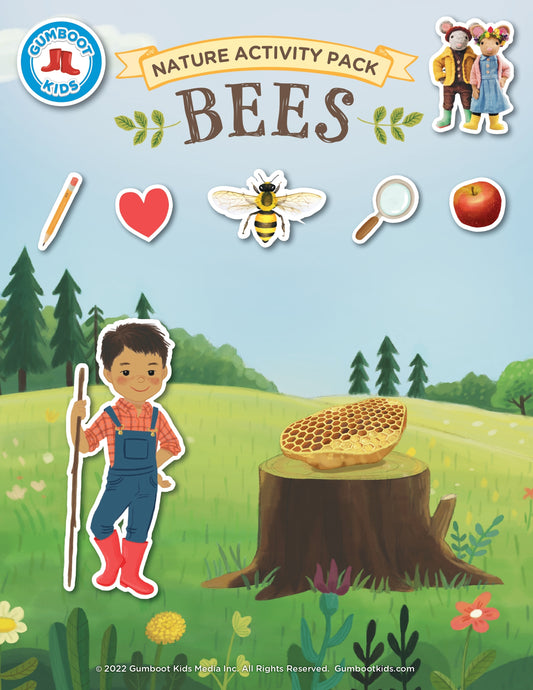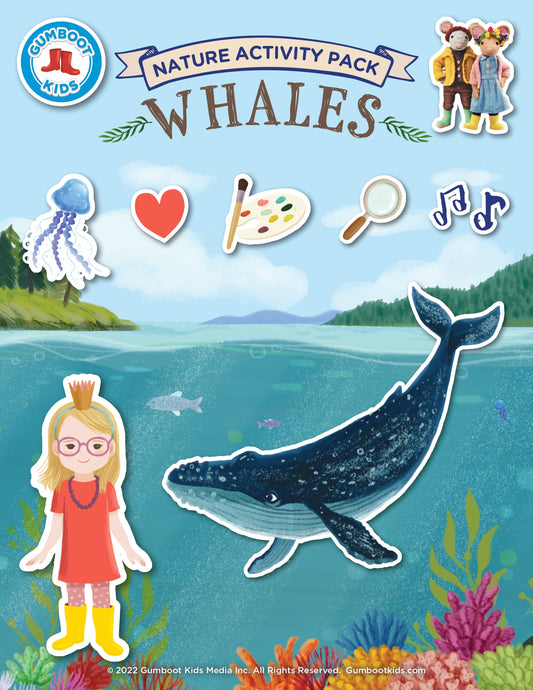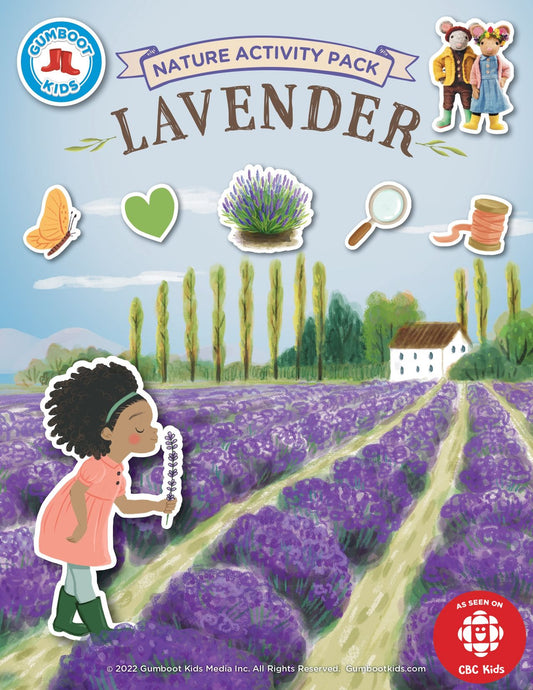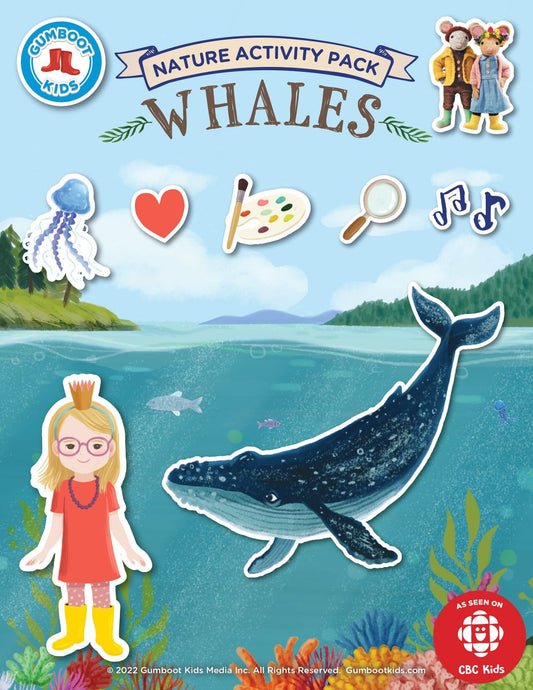Nature has been found to improve children's social-emotional skills in a number of ways. Firstly, spending time in nature allows children to experience a sense of calmness and peacefulness, which can have a positive impact on their emotional wellbeing. Nature has also been found to reduce stress and anxiety levels in children, which in turn can improve their ability to regulate their emotions and manage difficult situations.
Additionally, nature provides children with a wide range of opportunities to engage in creative and imaginative play, which has been shown to be beneficial for developing social-emotional skills. For example, playing in natural environments like forests, parks or beaches can encourage children to explore, take risks and develop their problem-solving skills. These types of experiences can also help children develop their self-confidence and resilience.
Research has shown that exposure to natural environments can have a positive impact on children's social skills as well. For example, spending time in nature has been linked to improved cooperation and teamwork, as well as increased empathy and prosocial behavior. This may be because natural environments provide a setting in which children can interact with each other in more meaningful and collaborative ways, such as working together to build a fort or explore a trail.
Finally, spending time in nature can also help children develop their sense of connectedness to the natural world, which has been linked to improved social-emotional outcomes. This may be because feeling connected to nature can help children develop a sense of purpose and meaning, as well as a deeper understanding of their place in the world.
Overall, there is a growing body of research suggesting that exposure to nature can have a positive impact on children's social-emotional skills. From providing opportunities for creative play and problem-solving, to fostering cooperation and empathy, the benefits of spending time in nature are clear.




